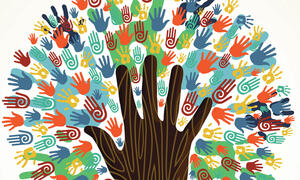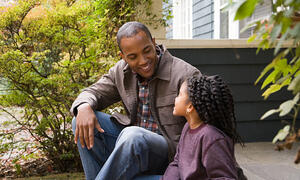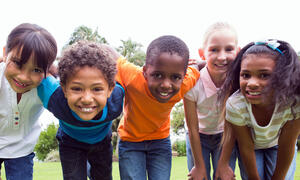Celebrate African and Indigenous Cultures: A Resource for Parents and Caregivers


Reading about and celebrating African and Indigenous histories and cultures can be among the powerful first steps for children to engage with and expand their understanding of the world around them. And discussing commonalities across cultures helps children develop a strong sense of self and identity while recognizing and honoring diversity. To support these conversations and learning experiences, LFJ offers parents, caregivers and educators talking points, activities and book recommendations.

The 1619 Project series airing on Hulu during Black History Month reminds us of the importance for parents and caregivers, along with teachers, to talk with children about slavery in age-appropriate ways. LFJ’s new article and our supplemental resources—podcasts and short videos—provide recommendations for conversations and user-friendly access to information about the history and legacy of slavery.
The annual National Black Lives Matter at School Week of Action for 2023 is February 6-10. The guiding principles behind this event can be an important frame through which to reimagine more liberatory educational spaces for Black children and—as these LFJ resources indicate—for all children. This Black History Month, be intentional in countering censorship efforts.
In the latest LFJ article, school counseling professor Riley Drake, Ph.D., outlines a model of social and emotional learning and explains “‘feeling safe’ is contextual,” especially for Black and Brown children whose needs are often overlooked in our nation’s classrooms. Relying on community partnerships, promoting mutual aid to foster solidarity and advancing restorative justice are strategies educators and other adults can employ to increase children’s feelings of safety and well-being. These LFJ resources offer more detail.

“The civil rights movement offers a blueprint for creating meaningful social change,” writes Hasan Kwame Jeffries, Ph.D. Making connections for young people between past movements and present circumstances is imperative, as is having meaningful support in place for honest conversations that can sometimes be difficult. These LFJ resources can help.